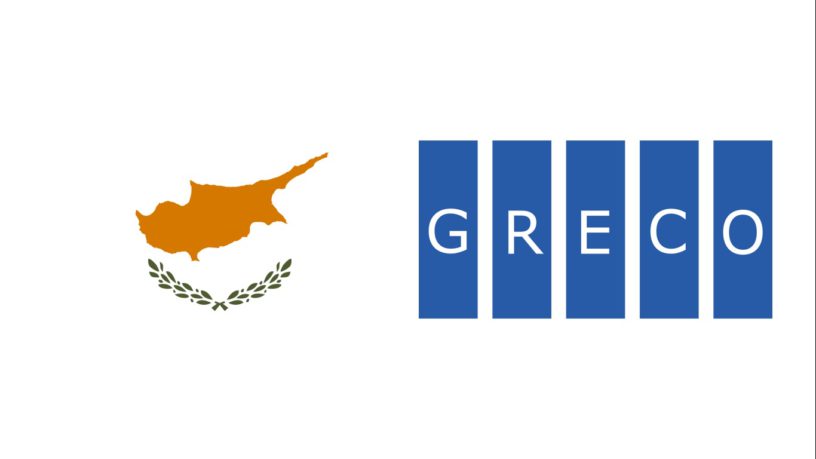By Vish Gain for AMLi
The Council of Europe’s anti-corruption body, Greco has called on Cyprus to implement its recommendations on a code of ethics for members of parliament to tackle corruption in the country.
Known as the Group of States against Corruption, or Greco, the anti-corruption monitoring body headquartered in Strasbourg said that implementation of the recommendations was “all the more pressing” after a spate of recent controversies surrounding the sale of Cypriot passports to individuals using the citizenship through investment programme.
In its second compliance report published Tuesday, Greco said Cyprus had completed seven out of 16 recommendations, while six had been partly implemented and three had not been implemented at all. Apart from corruption, the report stresses the need for implementing the code of conduct to address conflict of interest and lobbying.
Asset declaration for MPs should be more comprehensive and the control over such declarations should be tightened, the report noted.
While the draft code of conduct is still being debated in the parliament, Greco notes that recommendations on conflicts of interest, lobby contacts, gift declarations and corruption training have not been fully implemented yet.
A judicial code of ethics, however, has been implemented and is now binding on all judges following dialogue between Cypriot authorities and Greco president Marin Mrčela’s visit to the East Mediterranean island nation in February 2019. Furthermore, a recent judicial amendment requires judges to recuse themselves in specific cases of conflict of interest.
Following the implementation of the judicial code of ethics, a judicial training school has been established where integrity training sessions have taken place and more training is due to begin. Greco also noted that public access to ‘formalised procedures’ for judicial appointments and promotions have contributed to greater transparency.
Greco’s recommendation on the prevention of corruption in the prosecution has been met with a bill on the independence of the Law Office of the Republic that has been drafted and is pending on the executive.
Moving forward, Greco has set a deadline for correspondence on the implementation of the remaining recommendations by October 31, 2021.
Cyprus has come under fire recently after an Al Jazeera documentary in October exposed the involvement of MPs in selling Cypriot passports under the Citizenship through Investment scheme.
The Cyprus Papers Undercover, a one-hour investigative documentary posted on YouTube, led to the government proposing to end its Cyprus Investment Programme (CIP), through which wealthy foreigners could become citizens by paying $2.5 million into development and infrastructure projects.
Earlier this month, Former Google CEO Eric Schmidt was in the news after reports that he was finalising a plan to become a citizen of Cyprus through the controversial passport-for-sale programme.
The European Union has been more than vocal in its attack on the controversial scheme, issuing infringement procedures, or legal action, against the country earlier this year. The scheme allows any individual with the required wealth to gain the Cypriot passport — direct access to the European Union’s free travel zone.
With big players such as Greco, the EU, the European Commission, money laundering authorities, and the opposition in parliament against the programme, it remains to be seen how long the powerful lobbyists behind one of the world’s most controversial passport schemes can hold on to their strings in parliament.
Share this on:
Follow us on:











